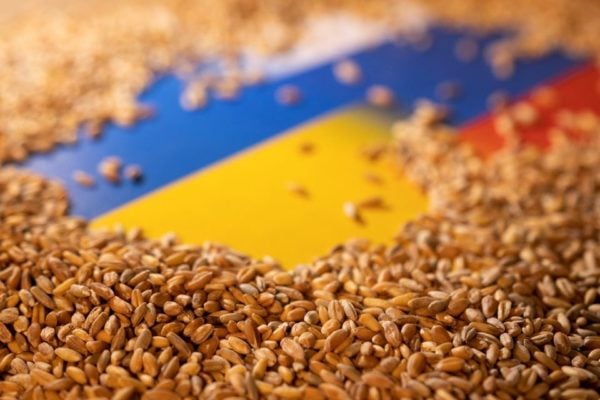
Russia and Ukraine recently made an agreement so that grain exports would be able to leave ports in Southern Ukraine and make their way to destinations dependent on Ukrainian and Russian Agro exports. This brief agreement likely have more to do with other nations in Africa and Asia entering a grain crisis as opposed to any measures to resolve the conflict in Ukraine, especially in their southern region. While countries like Canada cap oil production and increase the cost of farming and fuel in the middle of these crises, Russia benefits from a lack of displacement of Russian oil and gas. Canada had to change their own laws on sanctions so that Canadian based Turbines supplied to Russia’s oil pipeline could be sent, despite Russia claiming it will limit energy export to Germany anyways. At the same time, Russia and China plan to develop a pipeline to the East while China becomes increasingly aggressive towards US support for Taiwan. Time has become a crucial issue as winter approaches in a few months and a solidification of the battle lines in Ukraine turn into a permanent land grab by Russia.
Ukraine has moved to retake cities and town in the south of the country so that Russia cannot continue to have control of the Black Sea region nor expand their control over to Odessa and the border with Moldova. Ukraine’s push to liberate Kherson has been met with successes, but Ukraine might find itself in a losing position if it puts its tanks and troops in a position where they can be ambushed by Russian anti-Armour weapons while pushing further into the region. Russia looks to have a similar plan as they had done in Crimea in 2014 by holding referendums on whether those regions taken in Ukraine wish the become a part of Russia or become an independent region under Russian influence.
Battle lines in the East of the country seem to mirror the original objectives of Russia, to take the Donbas and Eastern regions that have been under conflict since 2014. With winter coming and the lack of clarity on the ability to supply civilians with heat and fuel in the cold, there has been actions to move innocents westward. It is likely the case that a push by Ukraine to liberate eastern regions would be difficult as long as the south of Ukraine and its ports are essential to Ukraine, Russia and world food exports.
Ukraine’s 2nd city, Kharkiv, had been defended diligently but will likely become a barometer on where the conflict is heading. If Ukraine can secure objectives in the south and Russia is militarily unable to push back in an effective manner, there will not likely be another attempt on the city using ground forces. If Ukraine depletes its forces and is unsuccessful in retaking territory in the south, or loses ground, the push by Russia in the east to take the rest of the Donbas may also include an assault on Kharkiv. With Western powers supplying Ukraine with weapons, a test on NATO equipment may take shape and look similar as when Russian T-72s and T-80s were ambushed assaulting Ukrainian positions. The key to much of the conflict is endurance, and with Western powers still refusing to displace Russian oil, gas and grain, Russia’s army will have the funds to resupply and purchase arms while creating closer financial and export ties to China and other allies.
Russia is likely pushing to solidify its gains with a referendum and cultural dominance strategy. For this reason, a push to regain territory in the south is essential for Ukraine. Immediate benefits in oil price increases and food insecurity benefits Russia in the immediate conflict and via their midterm strategy. Policies by Western countries to allow Russia to provide wealth and equipment to its oil funded war massively affects the conflict.